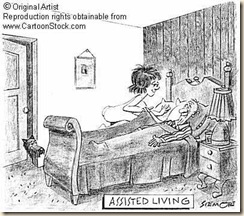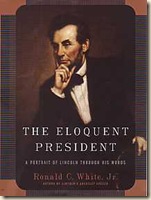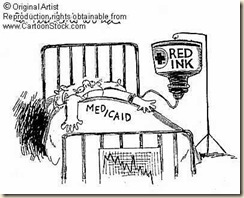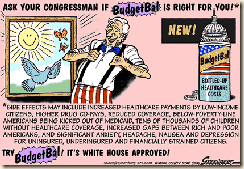Quote of the day:
Confusion is always the most honest response. - Marty Indik
******************************************************
Our express train has many cars, pulled by a locomotive. If the train gets too long, another locomotive is added to pull or push the train along with its passengers, and freight.
The train is not as important as the riders, they are the ones on a mission, going to work, going home, going somewhere to be productive, vacation, and enjoy their freedoms in our great country.
What is critical is that the locomotives are synchronized and pulling together and not in opposite directions.
I will post some observations about the state of affairs in California, after this diversion. But then again, read this
It does not take a rocket scientist to observe that the political and legislative process is unable to resolve political party differences in transforming health care financing and policy.
Stuck in their universal payor vs open market competition, politicians fail to think out of the box.
Studies abound, with only temporary fixes, based upon budgetary crises, and the fact that most of medical administration is stuck in the early 1960s.
Medicare was ill conceived to begin with, yet now sets a standard for all insurers and payors, Ironically, when medicare was first legislated it was designed to duplicate standard indemnity health coverage and cover 80% of the usual and standard fee. (a concept long gone). As governmental health spending increased, it became a dominant driving force in the market. It rapidly fueled inflation in the late 60s through the mid 80s. The availablilty of 'easy money' for providers and hospitals was a temptation. Not because hospitals and providers were intentionally greedy, nor commiting fraud. Prior to 1964 there were fewer elderly, and those without coverage fell into the charity safety-net of hospitals, or were given free care....hospitals almost never sent anyone to collections, there was an unwritten word that 'doctors' would figure something out to make sure their patient could receive the necessary attention and care. It was far from an ideal system, but the diagnostic and treatment options were far less expensive.
So where do we go from here? I am not against standards set by states, or perhaps the federal government ie "universal standards v. universal payor. Let's face it in the United States Universal Payor sound like socialism....not a good word in a republic.
What is Universal Payor going to cover?
Adding to our dilemna is there is no real uniform policy regarding actual health care costs for each patient as related to billing and reimbursement by hospitals. Different standards apply to different methods of payment....prepaid, capitated, DRGs, and individual contracting (largely influenced by market share)
It is difficult enough to analyze and plan health systems within the context of politics. Politics should not reign over health care. As long as there are resources to insure health care availablity politics seems to keep out of the patient's and providers private business. As soon as there is not enough resources, then the government comes into play.























